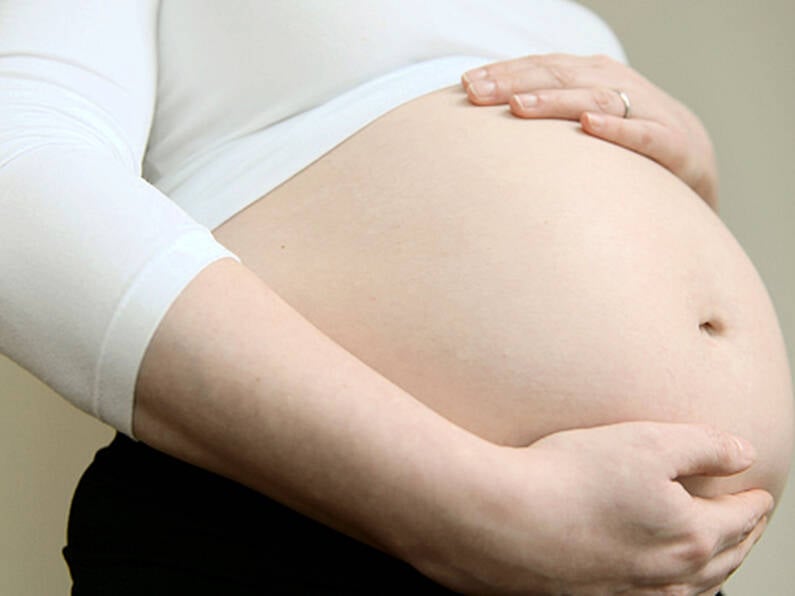A new study of the diets of pregnant woman has found one-fifth were obese and that those who smoked during pregnancy had "serious dietary inadequacies" that could exacerbate the ill-effects of cigarettes.
The study, written by five academics from University College Dublin, Trinity College Dublin and Dublin Institute of Technology, looked at a sample of 502 women, with detailed dietary and supplement information available for 398 women.
They were recruited for the study during their first prenatal visit over a two-year period at one of the country's maternity hospitals and according to the researchers: "The study sample was similar to the hospital population".
Of those who were currently smoking, they tended to be younger and were twice as likely to experience relative income poverty than non-smokers.
The women who smoke also had lower levels of dietary folate, a lower fibre intake and were less likely to take pre-pregnancy folic acid.
However, the study also found that both smokers and non-smokers had a low percentage of women meeting the World Health Organisation recommended level of dietary folate.
Comparing former smokers with those who had never smoked, those who had kicked the habit had superior intakes of micronutrients including iron and zinc and also had higher intakes of protein, sodium and chloride.
According to the study: "Based on self-reporting at the first prenatal visit, we found that women who continued to smoke during pregnancy were more likely to have deficiencies of both dietary micronutrients and macronutrients than women who did not smoke.
Interestingly, women who had stopped smoking had dietary intakes which compared favourably with women who never smoked.
It said that the reasons for the different dietary intakes between smokers and non-smokers are "generally unexplained" and may be linked to taste perception.
Numerous studies have highlighted how smoking in pregnancy is strongly associated with adverse clinical outcomes for both women and their babies, with research elsewhere also linking an increase in smoking with reducing levels of healthy food and vitamins.
The study concluded: "Our findings that pregnant women who continue to smoke have dietary inadequacies strengthens the public health case for screening women for smoking in early pregnancy and for offering support for smoking cessation.
"The dietary intakes of former smokers suggest that dietary intakes improve after smoking cessation."
'Comparison at the First Prenatal Visit of the Maternal Dietary Intakes of Smokers with Non-Smokers in a Large Maternity Hospital' was published in the BMJ Open journal: https://arrow.dit.ie/cgi/viewcontent.cgi?article=1208&context=scschbioart






